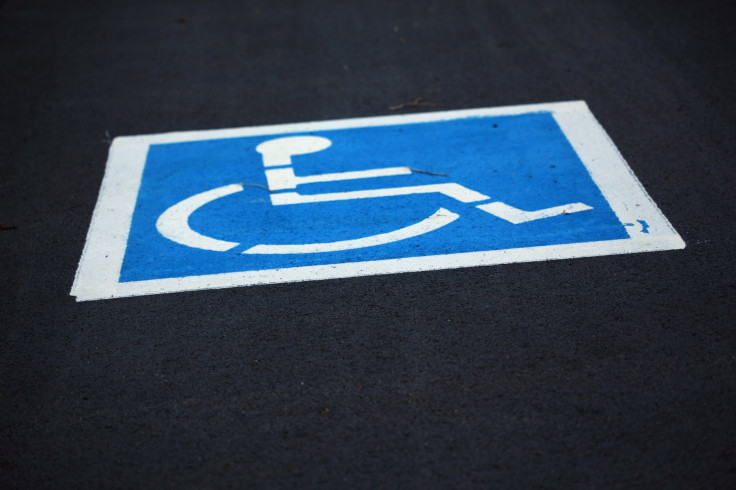Many Medical Schools Seem Unwelcoming To Students With Disabilities; Accommodations Are Vague

Students all across the country dream of attending medical school and becoming doctors. Though there are challenges for all of these students to overcome on the road to becoming an MD, students with disabilities face many unique obstacles.
According to a new study, only a third of schools said outright that they would accept a qualified student with a disability, and another had offered only “vague” information about who they would accept. The researchers found that even if schools would consider an application from students with disabilities and offer them assistance as required by the Americans with Disabilities Act, students couldn’t easily deduce that information from the school’s website.
About 42 percent of medical school websites were ranked as difficult when it came to finding information for prospective students with disabilities, and impossible on 16 percent. Even when the researchers posed as prospective students and asked for information, twelve schools still didn’t respond. They write the findings suggest a “concerning state of affairs as we celebrate the ADA’s 25th anniversary."
The authors also note that admitting more disabled students to medical school could enhance not only their lives, but the nation’s commitment to serve people with disabilities, since physicians with disabilities are more likely to serve patients like themselves.
“In addition to the benefit to students themselves, and to the patients they will one day treat, including students with disabilities in a medical school class can educate the students without disabilities about the issues people with disabilities face,” said lead author Dr. Philip Zazove, chair of the Department of Family Medicine at University of Michigan Medical School, in a press release.
The study is the first of its kind, and suggests that medical schools need to update, clarify, or post their technical standards, or TSs. TSs are required under the ADA, and explain what a school will do to accommodate students with disabilities. An example would be allowing the use of technology to overcome limitation, like a student with a hearing limitation using an amplified stethoscope.
Schools are prohibited from discriminating against people with disabilities under the ADA and the Rehabilitation Act. If a school accepts federal funds, they are required to make “reasonable” efforts to accommodate qualified disabled applicants. According to senior study author Dr. Michael D. Fetters, however, there is currently explicit language in the policies on medical school websites that is not in compliance with the ADA.
“In this day and age when public institutions are expected to conform with the law, this is almost unimaginable,” Fetters, who is also a professor of family medicine, said. “If you’re an applicant who’s online, and it says you’re not welcome, you’re going to accept that and never get out of the gate. Even if the school would be willing to accommodate you if you apply and qualify, the explicit language is at least a serious deterrent.”
Zazove himself is deaf and uses a cochlear implant, and mentors U-M medical students and residents who have disabilities. In addition to him, U-M has another department chair and other faculty with disabilities, and a handful of current medical students have disabilities and are being accommodated at the school. The institution is always looking to do better, though, according to Dr. Joseph Kolars, senior associate dean for education and global initiatives.
“We welcome the attention our colleagues have brought to an important issue that deserves more attention,” he said. “Like most medical schools, we recognize opportunities for ours to do even better in regard to better articulating our values and making sure all of our communications are in alignment. This will make a good school even better and hopefully others will recognize similar opportunities as well.”
Source: Zazove P, Case B, Moreland C, Plegue M, Hoekstra A, Ouellette A, et al. U.S. Medical Schools’ Complicance With the Americans with Disabilities Act: Findings From a National Study. Journal of the Association of American Medical Colleges. 2016.



























